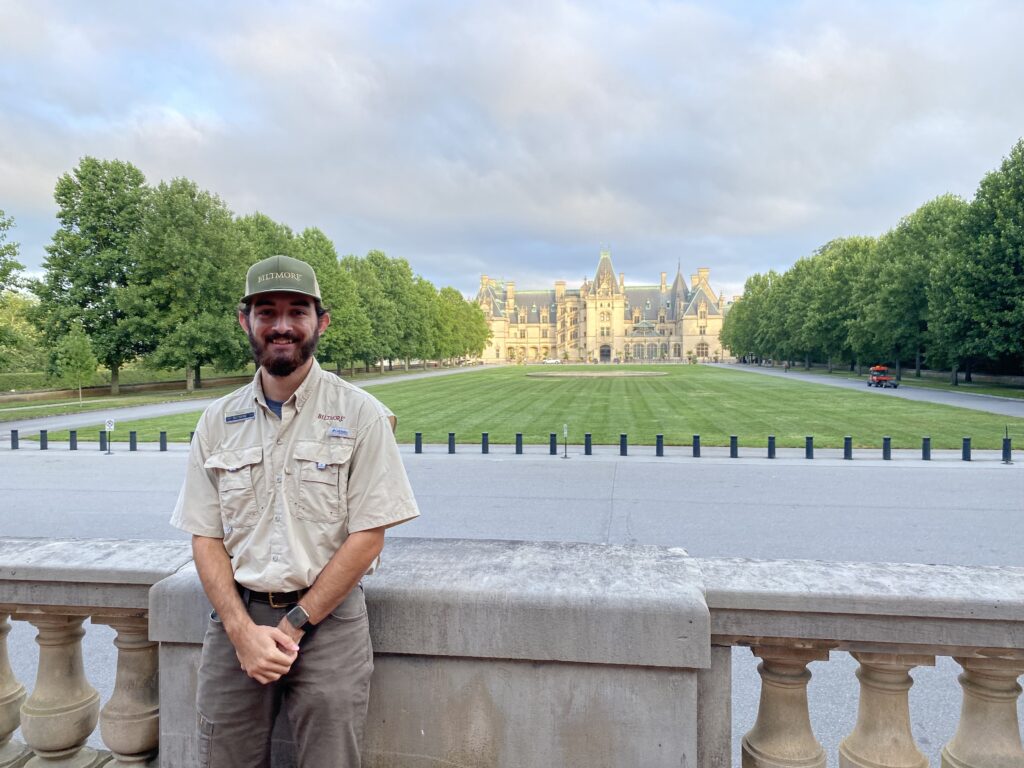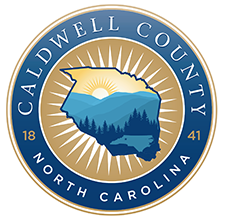Cultivating Tomorrow’s Leaders: The Vital Role of Agriculture Education in High Schools
go.ncsu.edu/readext?964682
en Español / em Português
El inglés es el idioma de control de esta página. En la medida en que haya algún conflicto entre la traducción al inglés y la traducción, el inglés prevalece.
Al hacer clic en el enlace de traducción se activa un servicio de traducción gratuito para convertir la página al español. Al igual que con cualquier traducción por Internet, la conversión no es sensible al contexto y puede que no traduzca el texto en su significado original. NC State Extension no garantiza la exactitud del texto traducido. Por favor, tenga en cuenta que algunas aplicaciones y/o servicios pueden no funcionar como se espera cuando se traducen.
Português
Inglês é o idioma de controle desta página. Na medida que haja algum conflito entre o texto original em Inglês e a tradução, o Inglês prevalece.
Ao clicar no link de tradução, um serviço gratuito de tradução será ativado para converter a página para o Português. Como em qualquer tradução pela internet, a conversão não é sensivel ao contexto e pode não ocorrer a tradução para o significado orginal. O serviço de Extensão da Carolina do Norte (NC State Extension) não garante a exatidão do texto traduzido. Por favor, observe que algumas funções ou serviços podem não funcionar como esperado após a tradução.
English
English is the controlling language of this page. To the extent there is any conflict between the English text and the translation, English controls.
Clicking on the translation link activates a free translation service to convert the page to Spanish. As with any Internet translation, the conversion is not context-sensitive and may not translate the text to its original meaning. NC State Extension does not guarantee the accuracy of the translated text. Please note that some applications and/or services may not function as expected when translated.
Collapse ▲In a recent interview, I had the privilege of reconnecting with a former student of mine, Tanner Collier, whose journey through high school agriculture education had a profound impact on his academic and potential career choices. Tanner is an excellent example of how high school exposure to agriculture education can ignite a passion that leads to pursuing higher education in the field.
Tanner is now a junior at NC State in the College of Agriculture and Life Science program. He is pursuing a degree in Agricultural Science with concentrations in horticulture, crop science, and extension education. Last summer, Tanner was hired as one of Biltmore Estate’s horticulture interns! This internship was through NC State Extension’s internship program.
In this interview, I was able to ask Tanner about his internship experience and how making a choice to take a high school agriculture class paved the way for his future career!
Q: Describe your role and responsibilities during your NC State extension internship. What were your primary tasks and projects?
A: I had a summer-long project that was identifying tools to control invasive species (i.e., bamboo, kudzu, Japanese stilt grass, etc.) on the Biltmore Estate. Day-to-day responsibilities included: maintaining the landscape at the front entrance, ticket office, and three different residences on the estate, the Deer Park landscape beds, the Biltmore corporate office in Downtown Asheville, and some natural areas along the estate.
Q: How did your internship experience at NC State Extension contribute to your personal and professional growth? What skills or knowledge did you gain that you believe will be valuable in your future career?
A: It helped me learn more about the maintenance of a major estate and tourist destination and the different areas of horticulture. I gained knowledge of how to control invasive species, and how to operate certain equipment, and honed my skills in interacting with the public.
Q: Can you share a specific accomplishment or project from your internship that you are particularly proud of?
A: I was able to successfully identify all the different invasives on the Biltmore estate and understand how to control them. At the end of my internship, I presented and relayed my research and findings to fellow horticulturalists on Biltmore’s staff.
Q: What did you learn about the mission and impact of NC State extension during your internship? How do you think their work benefits the community or industry they serve?
A: NC State’s Extension mission is to extend research-based knowledge to all North Carolinians, helping them transform science into everyday solutions that improve their lives and grow our state.
I personally witnessed how much the Biltmore horticulture department worked with and relied on the information from NC State Extension and their local agents. The research from NC State and their Extension publications helped me develop a management plan for certain invasive species on the Estate.
Q: How did your high school agricultural education program influence your decision to pursue a career in agriculture? Can you share specific experiences or lessons from the program that had a lasting impact on your career choice?
A: In high school, I took an introductory agriculture class called Agriscience. This class covered animal science, horticulture, natural resources, and agriculture mechanics.
One of the most impactful programs for me was my high school FFA Chapter. This led to joining some of the competition teams within FFA. Some of the competition teams I was involved in included Agricultural Tools and Materials Identification and Intro. to Horticulture.
Q: What skills or knowledge did you acquire during your high school agriculture classes that you find most valuable in your current agricultural career?
A: I gained hands-on experience in our greenhouse, school landscaping projects, and the content taught in class (i.e., soil sampling, tree measuring, plant identification, etc.).
Q: Agriculture is a diverse field with many different career options. Can you describe the moment or realization during your high school agriculture class that helped you narrow down your career focus within agriculture?
A: In my high school Horticulture 1 class, I had a heavy presence of plant Identification, and being on the Horticulture ID team for the FFA influenced my decision to pursue a degree in agriculture at NC State.
By signing up for a high school agriculture class, Tanner found his passion. By pursuing a degree in Agriculture at NC State, Tanner has been able to explore the opportunities that agriculture can provide, including his internship at the Biltmore House. In Caldwell County, there are two high schools, South Caldwell and West Caldwell, with an Agriculture Education program. If you have a high school-aged child or soon-to-be high-school-aged, encourage them to sign up for an agriculture class! They might just find their calling too. High school Agriculture Education programs are cultivating tomorrow’s leaders and I can’t wait to see what Tanner does in his field!

Tanner Collier and his internship at the Biltmore House.




